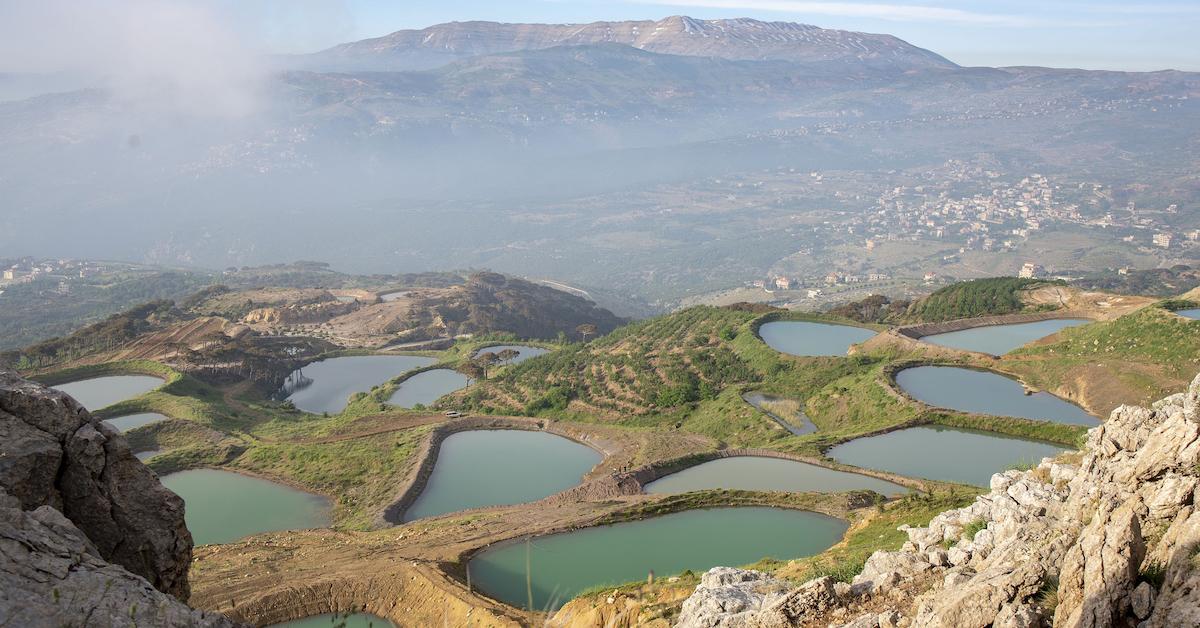
Beirut, Lebanon (Enmaeya News) — Lebanon’s water sector is facing problems that go beyond technology. Experts say the real issues lie in how the sector is managed, the lack of coordination between institutions, and the need for better long-term planning.
This was the main focus of a recent workshop hosted by the Lebanese American University (LAU) in partnership with the PAX Foundation. The event brought together people from different fields—engineers, legal experts, academics, and local leaders—to look at practical, community-based water projects and discuss how they could be expanded to help more areas.
“The key is to provide guarantees that donated funds are being used properly, far from personal interests and corruption,” said LAU President Chaouki T. Abdallah, who also serves on the PAX Advisory Board. He stressed that Lebanon’s real strength is its people, both at home and abroad, and that their talents should be used to build long-term, transparent solutions.
PAX co-founder Raghda Jaber spoke about the importance of working together and sharing knowledge. “We want to build a database center that would streamline the expertise of various stakeholders into ongoing efforts to connect beneficiaries of local development projects with potential donors beyond Lebanon,” she said.
Presentations at the workshop covered some of the technical issues, like the need for reliable electricity and old infrastructure. Still, many experts said the problems are more about management. Mahmoud Wazne, chair of LAU’s Civil Engineering Department, said groundwater wells are important, but they can only work with the right permits, power sources, and environmental protections. He said solar energy is a helpful option, especially in remote areas, but more coordination is needed.
Dr. Jean Shatila, a professor at LAU, explained how weak legal systems have made it hard to link water supply with wastewater treatment. He said many treatment plants are no longer working properly because of the economic crisis and lack of skilled workers. Dr. Hiyam Mallat of Saint Joseph University gave a brief history of Lebanon’s water laws and said the roles of institutions need to be more clearly defined.
On the financial side,Former General Director of Investment at the Ministry of Water and Energy Bassam Jaber said more investment is needed. He also pointed to issues like outdated billing systems and low public trust in large projects. He added that support from communities is vital for these efforts to succeed.
Some of the local projects shared at the workshop included solar-powered water systems in towns like Sarba, Bishmizzine, and Kfar Sir. These are meant to lower fuel use, reduce costs, and serve as models for other areas.
“In addition to the valuable technical and academic discussions, we hope that through the PAX, this workshop will set the stage for actionable on-the-ground improvements to our community,” said Dr. Joe Tekli, LAU assistant provost.
This highlighted how teamwork, data sharing, and local leadership can help improve the water situation in Lebanon. It also showed how schools and civil groups can play a key role in building a stronger, more resilient future.



